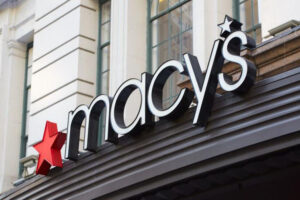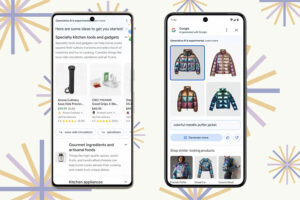Why Travel Brands Are Building Spaces To Foster Community
In an increasingly digital-first marketplace, social connections are more important than ever before. Consumers are looking to form relationships that help shape their identity, promote a greater feeling of belonging, drive personal discovery and ultimately offer cultural currency. This is true across multiple industries, and it is especially crucial in understanding what drives the modern traveler. As millennials climb to the upper levels of the workforce and spend more of their expendable income on travel, brands need to change their offerings to meet this new need.
Greg Oates of Skift describes how travelers are seeking out new, socially-motivated experiences, “Today, access is the new authentic. You are who your friends are. You are what you share. Next-generation luxury travelers are seeking access to people and places that elevate their social status among their online networks. The goal is to experience something that few people can, and equally important, be able to capture it and share it digitally.”
Travel companies are tapping into this desire for local and global community by designing communal spaces both on and offline that bring people together around a shared interest, profession or passion. These exchanges not only create richer travel experiences but also build deeper connections to a locale. For our Travel Debrief, PSFK researchers analyzed examples of how brands are creating extended networks for people when they travel.
In the hotel industry, Eaton launched a new hospitality brand in Washington, D.C. that intends to be a force of social good. Built to appeal to journalists, entrepreneurs, community leaders, politicians and change-makers, the hotel takes a multi-pronged approach by featuring speakers and events, as well as bars and restaurants that draw and support activists and activist-minded travelers. Eaton will start with an event series that hosts speakers for talks on topics ranging from climate change to race relations. The goal is to house several activist-artists in residence, many of whom straddle the nonprofit and creative fields, like filmmakers and artists who tackle timely issues in their work.
These extended networks also affect the way people book trips. Los Angeles-based startup Overnight has launched a new feature called Groups, a private home-sharing program that enables users to search for and book stays exclusively with friends and other trusted networks. Groups connects hosts with potential guests who are in their friends network or in private groups that they’ve joined. Overnight now also allows hosts to set exclusive prices for guests who fall into these categories, recognizing that they’re sometimes willing to lower their rates when they have a connection to the guest. The option is launching exclusively in partnership with Girls LOVE Travel, a network of 350,000 women who encourage each other to explore and experience the world.
Finally, Lonely Planet is launching Trips, a platform where anyone can post rich accounts of their latest travel adventure, be it a trip around the world or a walk around the neighborhood. The new platform takes a new approach to travel reporting, where travelers can upload images and videos from their journey, write some text and then publish the post on the platform for anyone to see.
According to a study from Entrepreneur, over 97% of millennials share photos and videos of their travels online, building an influential web of peer-to-peer content. That’s almost universal, and it’s clear that young travelers have different expectations of what constitutes a a rewarding travel experience. Brands that are able to facilitate those experiences will be rewarded by putting themselves at the center of that growing network.




